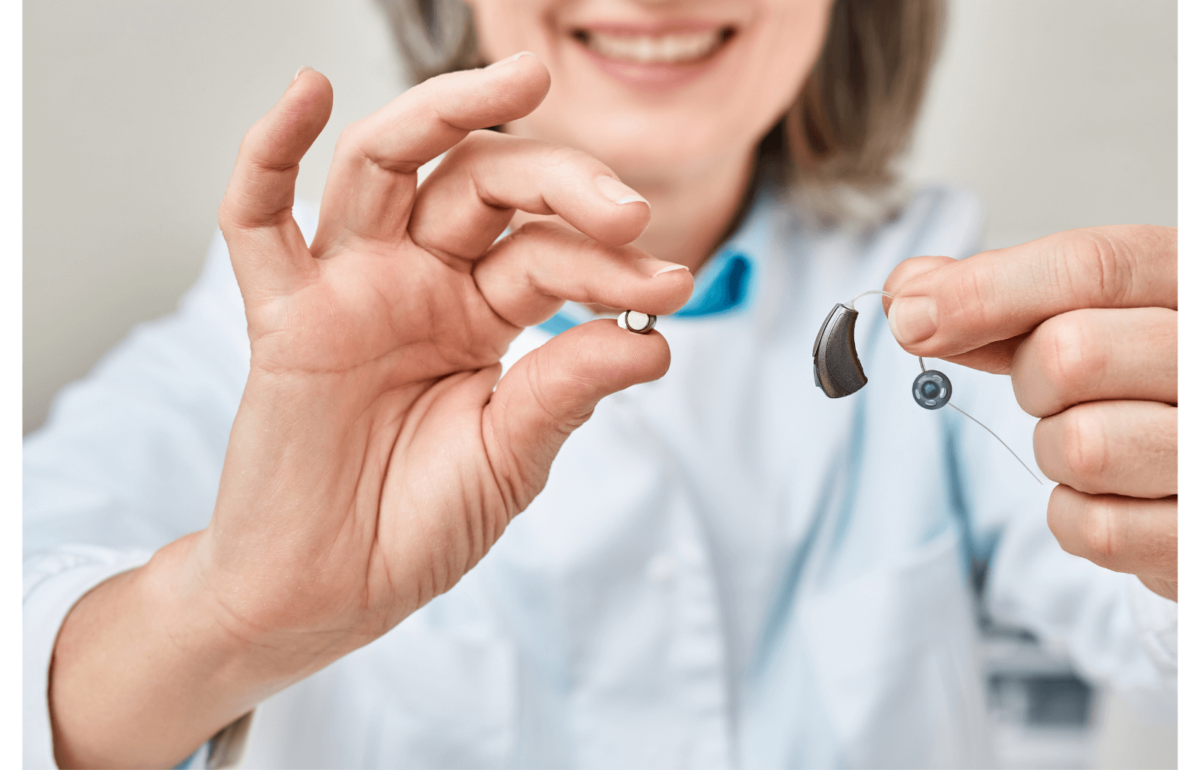- Outdoor Activities That Promote Hearing Health - July 9, 2024
- How Summer Heat Can Impact Your Hearing Aids - June 10, 2024
- The Power of Assistive Listening Devices - May 8, 2024
Hearing aids have revolutionized the way individuals with hearing impairments experience the world around them. These small, yet powerful devices rely on batteries to function, making it essential to know how to get the most out of your hearing aid batteries. In this article, we will provide you with expert tips to optimize the lifespan and performance of your hearing aid batteries, ensuring you enjoy clear and uninterrupted sound quality while minimizing costs.
Choose the Right Battery Type
When it comes to hearing aid batteries, size matters, and not all hearing aids use the same battery type. The four most common types of hearing aid batteries are zinc-air batteries (size 10, 13, 312, and 675), silver-zinc batteries, nickel-metal hydride (NiMH) batteries, and lithium-ion batteries. Each type has its advantages and disadvantages.
Zinc-air batteries are the most common and widely used, known for their long lifespan and reliability. Silver-zinc batteries offer a high energy density but can be costly. NiMH batteries are rechargeable, making them eco-friendly and cost-effective in the long run. Lithium-ion batteries are becoming more popular, offering extended life and reduced environmental impact.
Consult your audiologist or hearing healthcare professional to determine which battery type is best suited for your specific hearing aid model and your lifestyle.
Store Batteries Properly
Proper storage is crucial for preserving the lifespan of hearing aid batteries. Here are some key storage tips:
- Keep them in their original packaging: Hearing aid batteries are packaged to prevent contact with moisture and other environmental factors. Store spare batteries in their original packaging until you’re ready to use them.
- Store in a cool, dry place: Heat and humidity can reduce battery life. Store your batteries in a cool, dry place, away from direct sunlight or extreme temperatures.
- Avoid refrigeration: While it may seem like refrigerating batteries can extend their life, it can actually have the opposite effect by causing condensation. Stick to room temperature storage.
Observe Proper Insertion Techniques
When inserting batteries into your hearing aid, follow these guidelines:
- Wash and dry your hands thoroughly: Clean hands reduce the risk of transferring dirt, oils, or moisture to the battery or the hearing aid.
- Wait a few minutes after removing the tab: Zinc-air batteries need exposure to air to activate. After removing the tab, wait a few minutes before inserting the battery into your hearing aid to ensure optimal performance.
- Insert the battery correctly: Make sure to align the positive (+) and negative (-) sides of the battery with the corresponding markings in your hearing aid. Proper alignment ensures a secure connection.
Minimize Battery Drain
Extend the life of your hearing aid batteries by minimizing their power consumption:
- Turn off your hearing aids when not in use: Most hearing aids have an on/off switch or a battery door that can be opened to disconnect the battery. Turning off the hearing aids when not needed will conserve battery power.
- Use a drying kit: Moisture can damage hearing aids and drain batteries faster. Consider using a drying kit to keep your hearing aids dry and functional.
Follow a Daily Care Routine
Regular maintenance can significantly impact the lifespan of your hearing aid batteries:
- Clean your hearing aids daily: Remove earwax, dirt, and debris from your hearing aids using a soft, dry cloth or a hearing aid cleaning brush. This prevents blockages and ensures optimal performance.
- Replace wax guards and filters as needed: Most hearing aids have replaceable wax guards or filters to prevent earwax buildup. Consult your hearing healthcare professional to determine the appropriate schedule for replacement.
- Schedule regular check-ups: Visit your audiologist or hearing healthcare professional for routine maintenance and inspections to catch any issues early and prevent unnecessary battery drain.
Final Thoughts
Getting the most out of your hearing aid batteries is essential for maintaining optimal sound quality and minimizing costs. By selecting the right battery type, storing them properly, observing correct insertion techniques, minimizing battery drain, and following a daily care routine, you can ensure your hearing aids continue to provide clear and uninterrupted sound. Consult with your hearing healthcare professional for personalized guidance on maximizing the lifespan and performance of your hearing aid batteries.
If you have any questions or would like to schedule your next hearing checkup, please contact us!
![Audiology Consultants] of Panama City](https://audiology-consultants.com/wp-content/uploads/2018/04/Audiology-Consultants-of-Panama-City-1.png)

